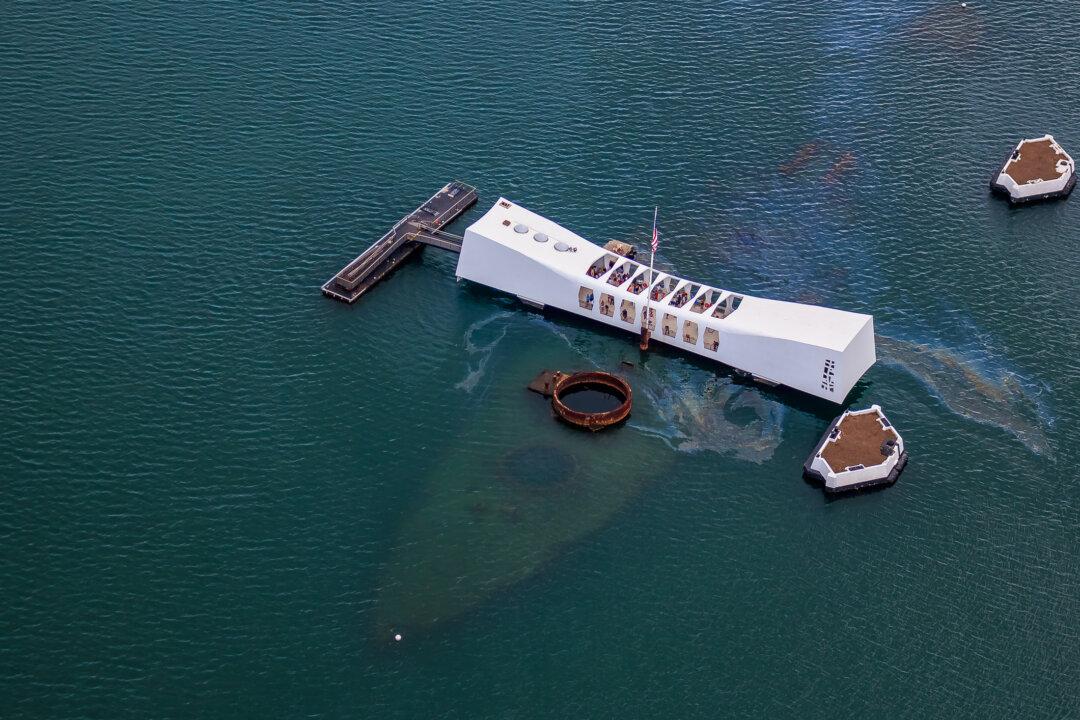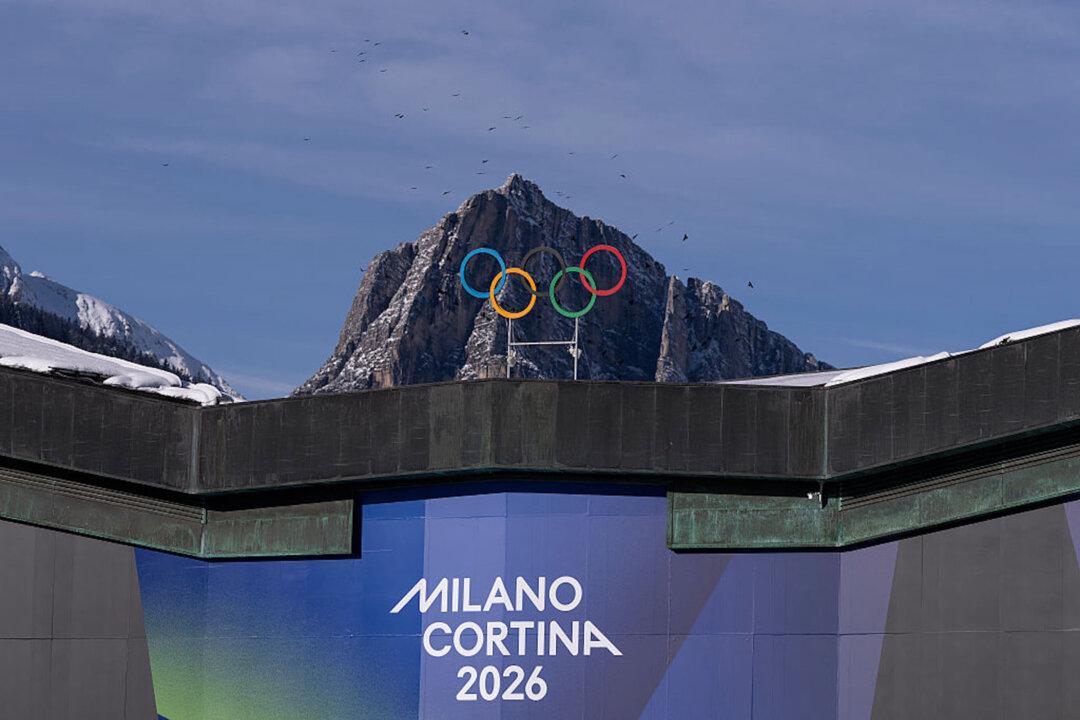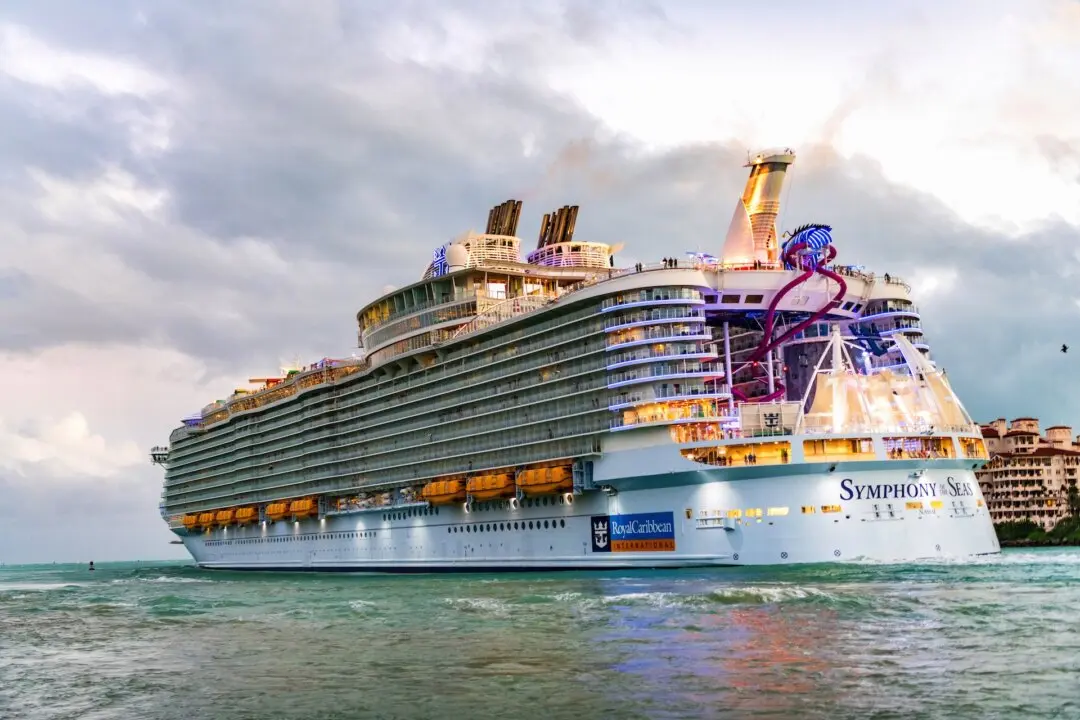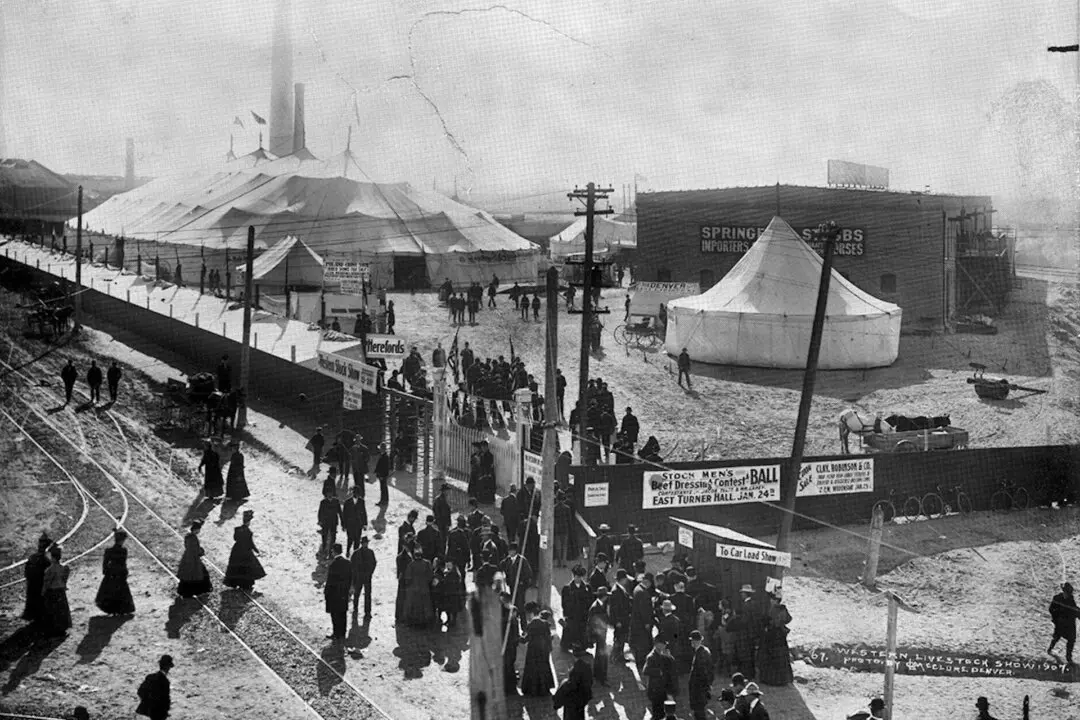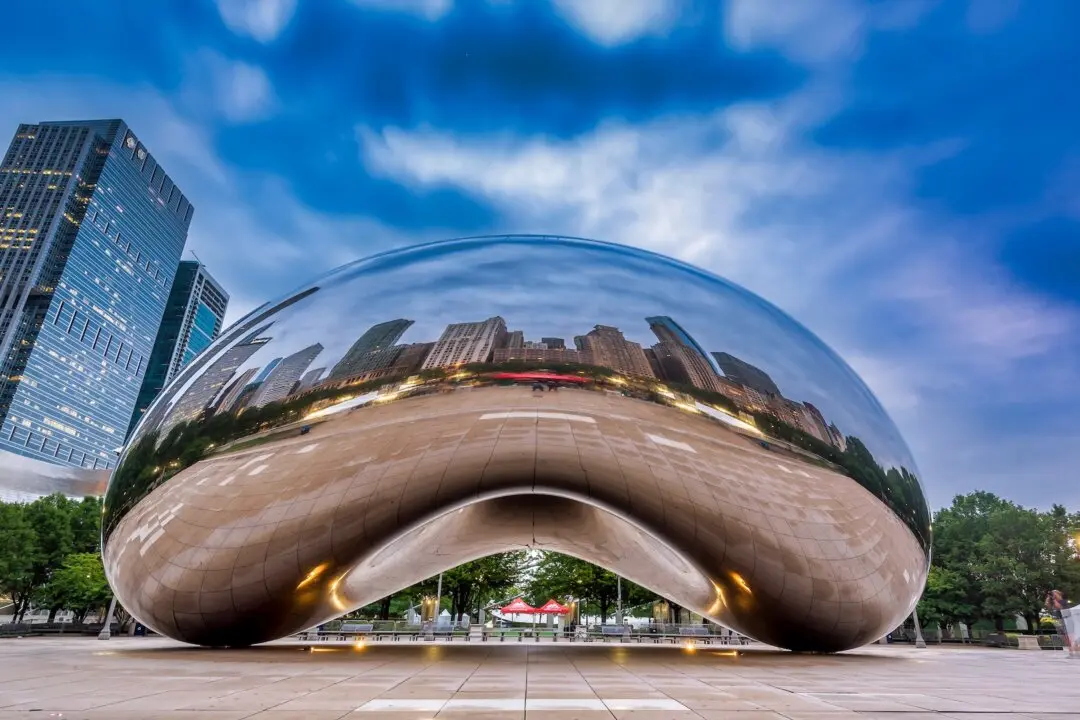The Bannon family had just arrived in Hawaii, and they weren’t at the beach, looking for sea turtles or heading to a luau. They were at Pearl Harbor on a sunny September day.
“This was the first thing I wanted Evie to see,” said James Bannon. Both he and his wife, Becca, are Navy veterans, “and visiting here is an important history lesson,” he said.
Pearl Harbor, with over 1.8 million visitors annually is the top tourist attraction in Hawaii, but it can be difficult for kids to understand and appreciate, acknowledges K. David Kilton, the chief of interpretation at Pearl Harbor National Monument, especially as so many of those who survived the attack on Dec. 7, 1941, are no longer alive to tell their stories. “We have a lot of recorded interviews, and we are working on doing a film series,” Kilton said.
Meanwhile, there is a renewed effort to encourage the staff to tell the Pearl Harbor story to visitors. “It can be hard when you have teens who would rather be on their phones,” he said. One point to make is that some of those who died were 18 and even younger — they had lied about their age to get into the navy — and it was their first time away from home. Teens can consider what they might have done.
Lachlan Chucherko, 20, visiting with his family from Australia, was struck by the fact that many of the sailors who died were younger than he is.
His mom, Rebecca Chucherko, noted that the story that is told here has a different emphasis than what kids might learn elsewhere in the world.
Kids who have grown up post-9/11 can relate to a sneak attack that wreaked such havoc and changed their world.
The most popular site here is the USS Arizona Memorial, the final resting place for the majority of the ship’s 1,177 crewmen who died in the attack. Unfortunately, the day we visited, the Arizona was closed because of docking issues.
Evie, 10, got interested in Pearl Harbor from “I Survived the Bombing of Pearl Harbor,” a book in the popular historical fiction series for kids from Scholastic Books. However, she thought the attack happened in the ’50s.
Malosi Foxx-Allen, 13, who lives on Oahu and was visiting with his grandmother and brother, acknowledged, “There was a lot of stuff I didn’t know.” The native Hawaiian explained he had no idea the surprise attack on that fateful Sunday morning was so big.
In total, 2,403 Americans were killed, including 68 civilians, and 1,143 people were wounded.

